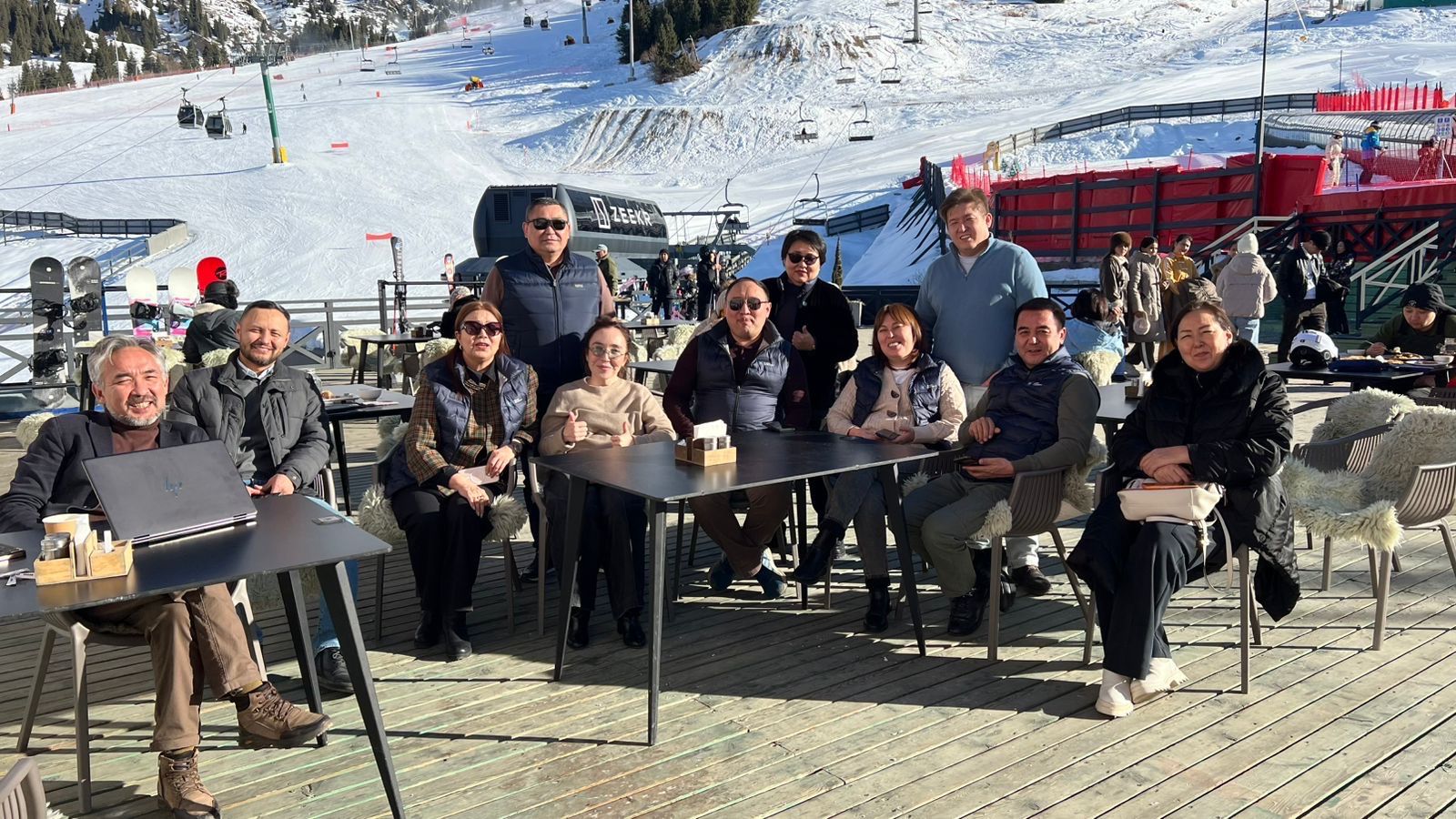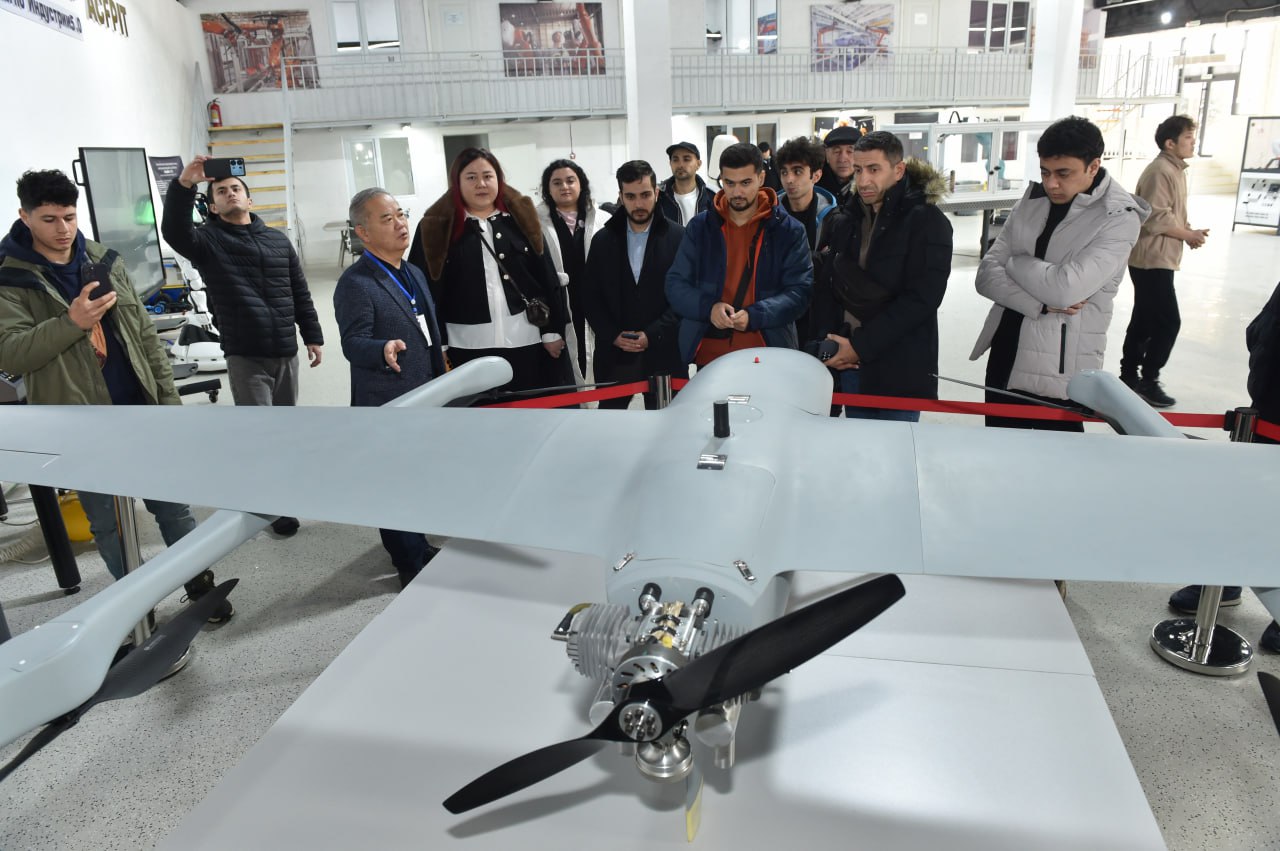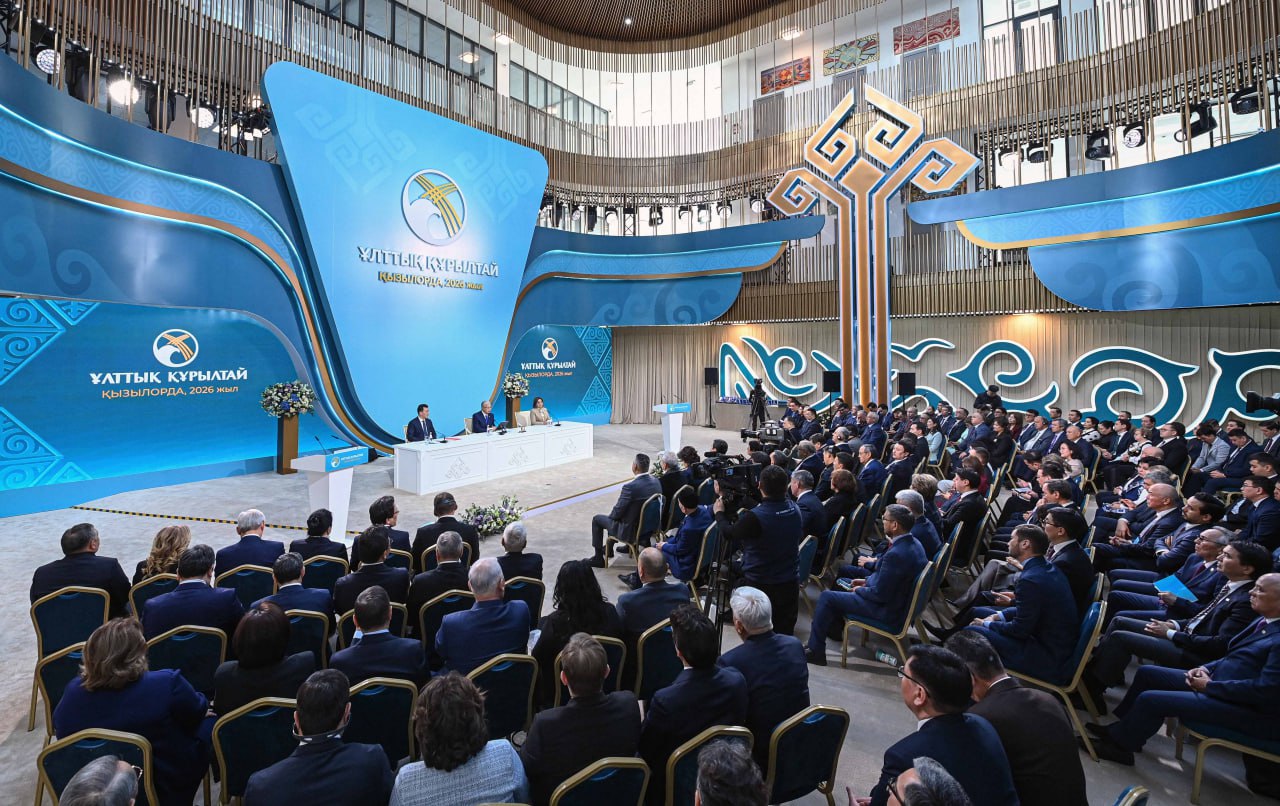- Main
- News
- Third international seminar on regional exchange of the UNESCO-Adaptation Fund “Reducing vulnerabilities of populations in the Central Asia region from glacier lake outburst floods in a changing climate (GLOFCA)”
Third international seminar on regional exchange of the UNESCO-Adaptation Fund “Reducing vulnerabilities of populations in the Central Asia region from glacier lake outburst floods in a changing climate (GLOFCA)”
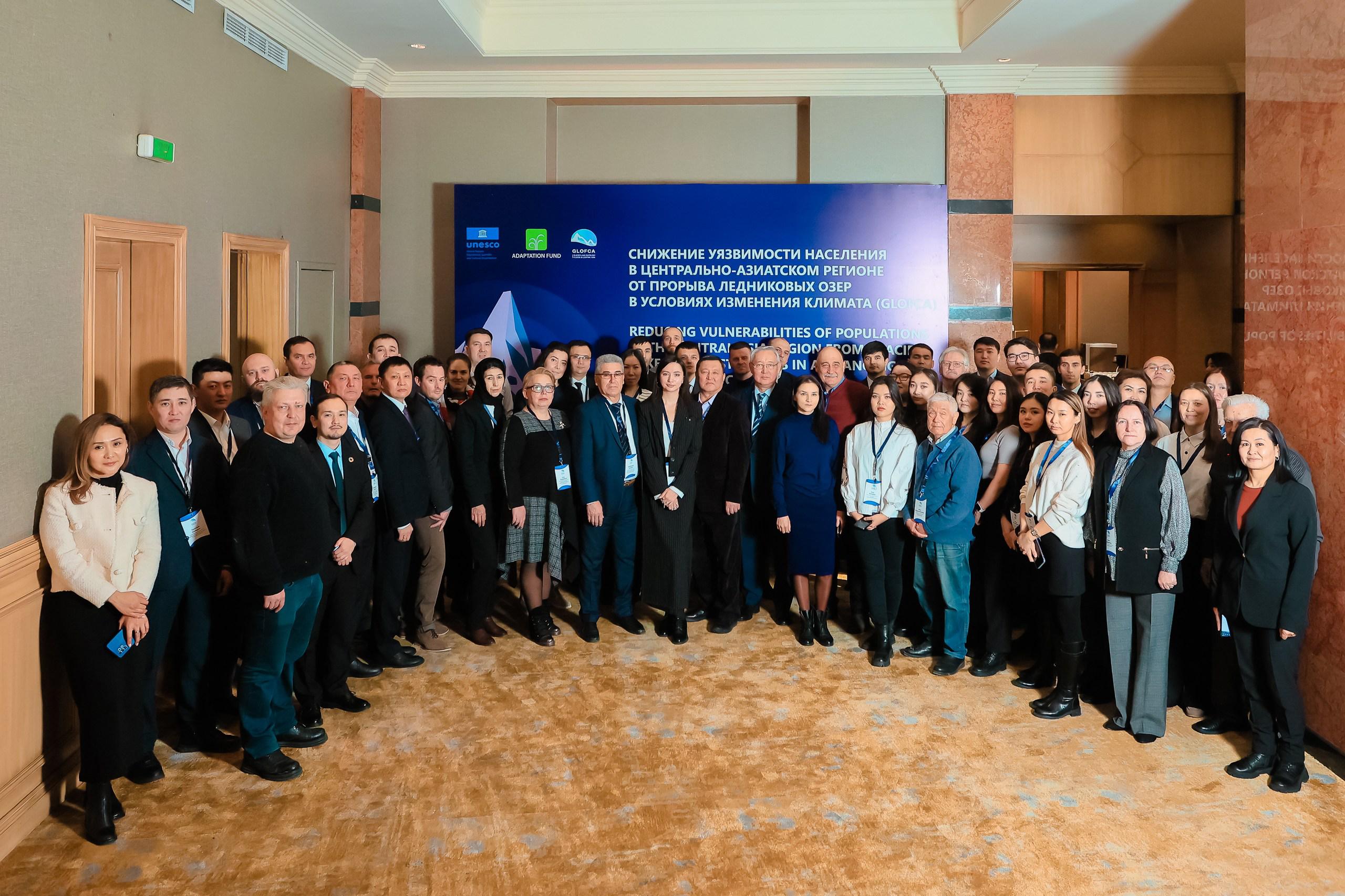
On March 6 and 7, 2024, as part of the implementation of SDGs 13 and 15, teachers, undergraduates and students of the Department of Meteorology and Hydrology took part in the international seminar “UNESCO-Adaptation Fund GLOFCA Third Regional Exchange Workshop: Progress towards installation of Early Warning Systems” organized by the UNESCO office in Almaty. The event was attended by leading researchers and experts in the field of disaster risk management from around the world, representatives of emergency ministries from Central Asia, as well as international organizations.
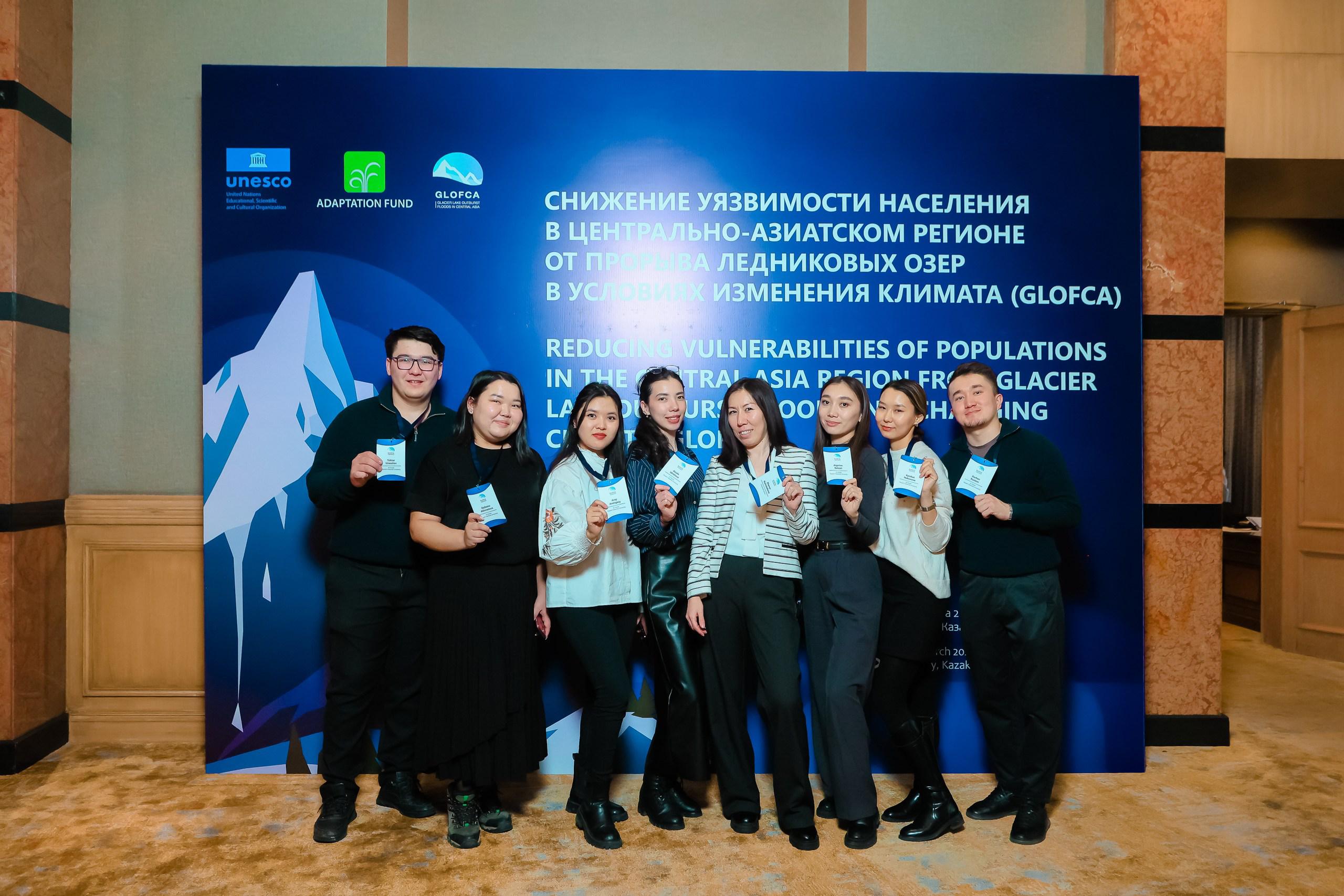
The GLOFCA project aims to strengthen the monitoring, analytical and response capacity of institutions and government officials responsible for disaster risk reduction, emergency management and climate change adaptation through training and awareness-raising, including at the community level and with a gender perspective, and by establishing early warning systems supported by necessary monitoring strategies.
Senior Lecturers and students of the department are actively involved in the implementation and achievement of the goals and objectives of sustainable development of the region. One example is the adaptation of an intelligent information system for mudflow risk management. At the above-mentioned seminar, PhD, senior lecturer of the Department of Meteorology and Hydrology A.K. Musina made a presentation on the topic "Adapting the mudflow database for the Talgar basin". In her report, she emphasized the need and importance of creating and updating a database for effective operational measures and timely response to mudslides. In addition, she presented an algorithm for adapting the database for other mudflow basins, including determining the necessary data, collecting, processing and analyzing them to ensure an optimal solution in case of a mudflow hazard.
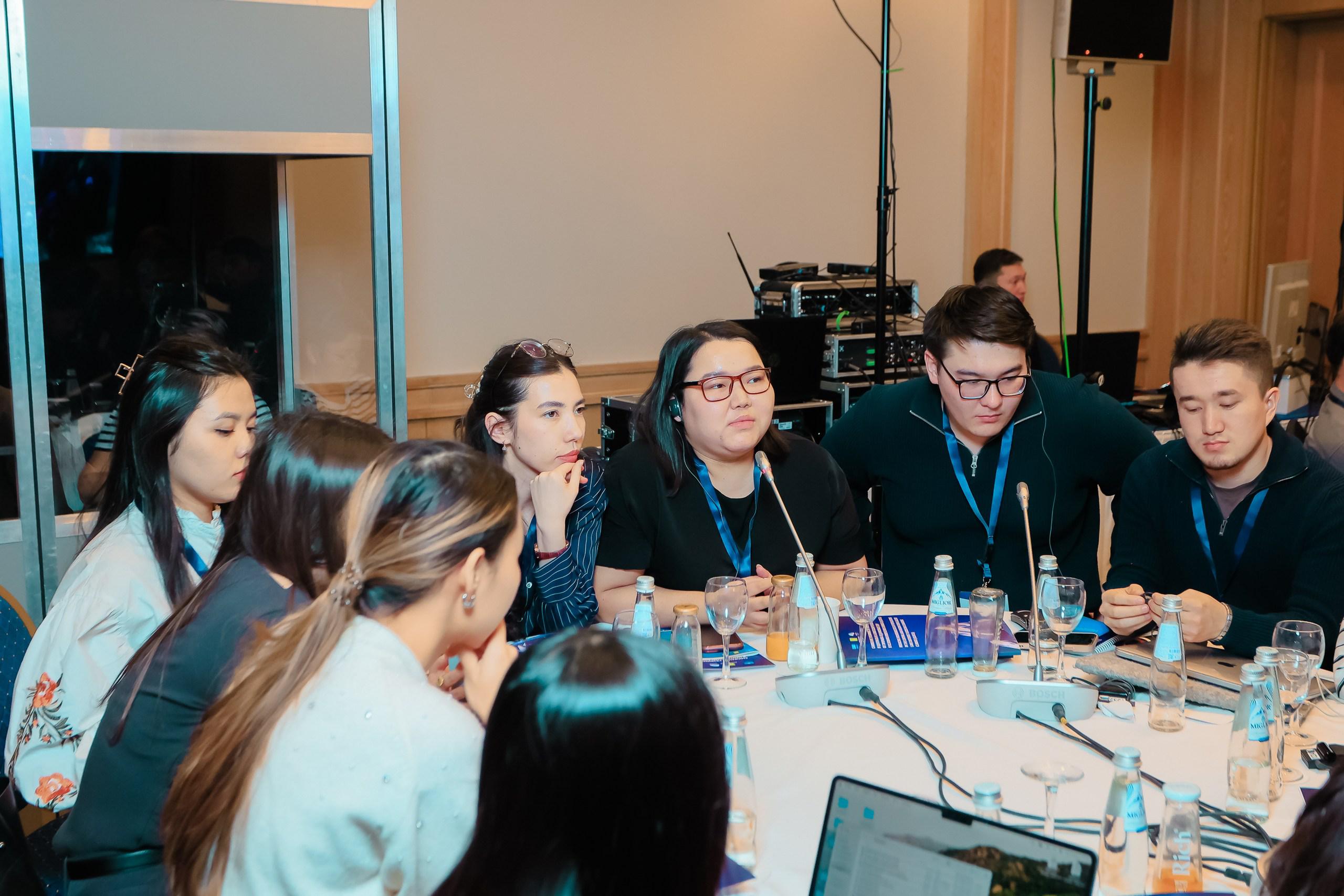
Undergraduates of the department with senior lecturer of the Department of Meteorology and Hydrology Zh.T. Raimbekova, who is a member of this project, spoke on the topic "Engaging students in GLOFCA hazard assessment and modeling", where they talked about the results of work on attracting students from Farabi University in assessing and modeling the dangers of GLOFCA.
Other news
